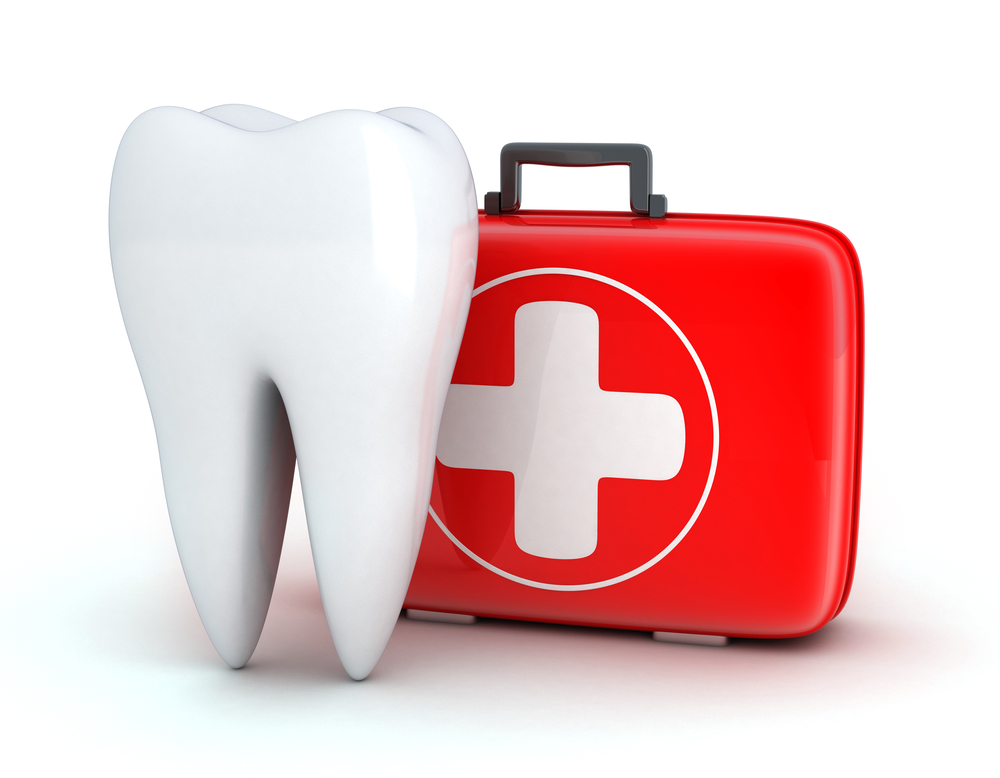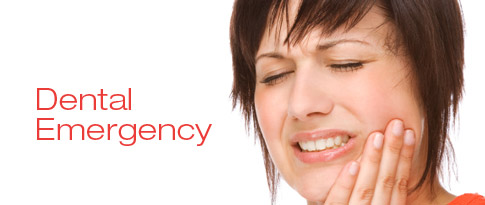Emergency Situation Dental Care: Rapid Relief for Tooth Discomfort and Accidents
Emergency dental treatment is a vital part of preserving dental health, especially when unanticipated events happen or severe pain emerges. Understanding the indications that require prompt focus can substantially affect outcomes, stopping more complications. From acute toothaches to terrible injuries, identifying the seriousness of these circumstances is vital. However, many people continue to be uncertain about the details circumstances that necessitate prompt intervention. This uncertainty commonly results in hold-ups in seeking assistance, which can exacerbate the problem handy. Checking out the usual sorts of oral emergencies and the proper responses is crucial for informed decision-making throughout these critical moments.
Recognizing Dental Emergencies
Dental emergencies often develop without warning, demanding punctual focus to minimize discomfort and protect against more complications. Understanding the nature of dental emergencies is essential for both clients and doctor to make certain reliable monitoring. These scenarios can vary from severe discomfort and trauma to infections that require prompt intervention.
One key facet of oral emergencies is identifying the indications that demand urgent treatment. Signs such as severe toothaches, swelling, or blood loss can indicate underlying concerns that, if left without treatment, might cause severe health and wellness troubles. Furthermore, injury to the mouth, whether from sporting activities injuries or mishaps, can create damage to teeth and bordering tissues, demanding quick evaluation and treatment.
Comprehending the necessity and potential repercussions of oral emergency situations empowers individuals to make informed decisions, ultimately leading to better outcomes and enhanced dental health and wellness (emergency dental edmonton). By prioritizing punctual attention to dental situations, people can minimize pain and secure their total wellness.
Typical Kinds Of Dental Emergencies
Encountering numerous kinds of oral emergency situations calls for a thorough understanding of the problems that demand instant treatment. Typical dental emergencies can significantly affect a client's oral health and general wellness.
Serious pain frequently suggests an underlying problem that requires prompt treatment. An additional common emergency situation is a busted or damaged tooth, typically triggered by injury or extreme force.
Knocked-out teeth represent an essential emergency, where immediate activity is essential for potential reimplantation. Preservation of the tooth in an appropriate medium, such as milk or saline, is necessary while looking for expert assistance.
In addition, oral abscesses, identified by localized infection, existing as swelling and pain. These require immediate treatment to avoid the spread of infection.
Finally, soft tissue injuries, consisting of lacerations or cuts to the gums, cheeks, or tongue, can also require emergency treatment. Addressing these problems swiftly is important in mitigating complications and ensuring ideal oral health.
When to Seek Immediate Treatment

Mishaps leading to dental trauma-- such as a knocked-out tooth, fractured or cracked teeth, or injuries to the periodontals-- demand prompt treatment (emergency dental edmonton). In the case of a knocked-out tooth, time is of the essence; it must be returned or saved in milk or saline and required to the dental expert within an hour for the ideal chance of successful reattachment
In addition, extended blood loss from the mouth or any kind of dental lacerations that do not stop might represent a more significant condition requiring prompt intervention. Dental swelling, especially if it impacts breathing or ingesting, is one more red flag. Generally, if you experience any abrupt changes in your dental health or physical pain that escalates promptly, seek prompt dental like alleviate possible issues and ensure your wellness.
Managing Pain in the house
Effective monitoring of dental pain in the house can dramatically ease pain while awaiting expert therapy. Several techniques can be used to address discomfort and lower inflammation successfully.
Using a cool compress to the outside of the cheek can also help numb the area and minimize swelling. This method is particularly efficient within the very first 24 hours complying with an injury or beginning of pain.
Furthermore, keeping oral health is vital. Gently washing the mouth with cozy seawater can assist cleanse the afflicted area and reduce irritation. Clove oil, recognized for its natural analgesic properties, can be used moderately to the periodontal area using a cotton ball for local alleviation.
Preventing certain foods-- such as those that are hard, crispy, or exceptionally warm or chilly-- can stop exacerbation of pain. Ultimately, making certain appropriate hydration and rest will certainly sustain general recovery while awaiting expert oral treatment. These home remedies can offer a substantial level of alleviation up until a dental professional can be gotten in touch with.

What to Anticipate at the Dentist
A check out to the dental professional can typically provide stress and anxiety, but understanding what to expect can reduce problems and promote a smoother experience. Upon arrival, you will typically sign in at the function, where you may need to complete kinds concerning your case history and oral my response worries. Following this, a dental assistant will certainly direct you to the evaluation room and take necessary radiographs, you can try here if relevant.
As soon as worked out, the dental professional will certainly perform a detailed assessment of your teeth and periodontals. If you are experiencing discomfort or discomfort, be certain to communicate this plainly, as it will aid the dental expert tailor the evaluation to your demands. Depending upon the findings, they might recommend therapies, which could include filling tooth cavities, carrying out removals, or other treatments.
After the procedure, the dental team will certainly give aftercare instructions to assist manage your healing properly. Remember, open communication with your dental expert is vital to making certain a positive experience and achieving optimal dental health.
Final Thought
In final thought, emergency situation oral care plays a crucial role in reducing tooth pain and dealing with urgent dental issues. Identifying the signs of oral emergencies and understanding when to look for instant care can considerably influence dental health and wellness results. Prompt intervention not just minimizes pain but also protects against possible issues. Individuals are urged to acquaint themselves with effective discomfort administration techniques at home, while additionally being gotten ready for the procedures that might be undertaken by oral experts throughout emergency situations.
Emergency dental treatment is a crucial part of maintaining dental health, especially when unexpected events take place or severe pain emerges.Dental emergencies regularly arise without warning, click here for more info requiring punctual attention to alleviate discomfort and protect against further issues.In verdict, emergency situation dental care plays a vital duty in reducing tooth pain and attending to immediate oral concerns. Recognizing the signs of dental emergencies and understanding when to seek immediate care can considerably affect dental health and wellness outcomes. Individuals are encouraged to familiarize themselves with effective pain management strategies at home, while likewise being prepared for the procedures that may be carried out by dental professionals during emergencies.